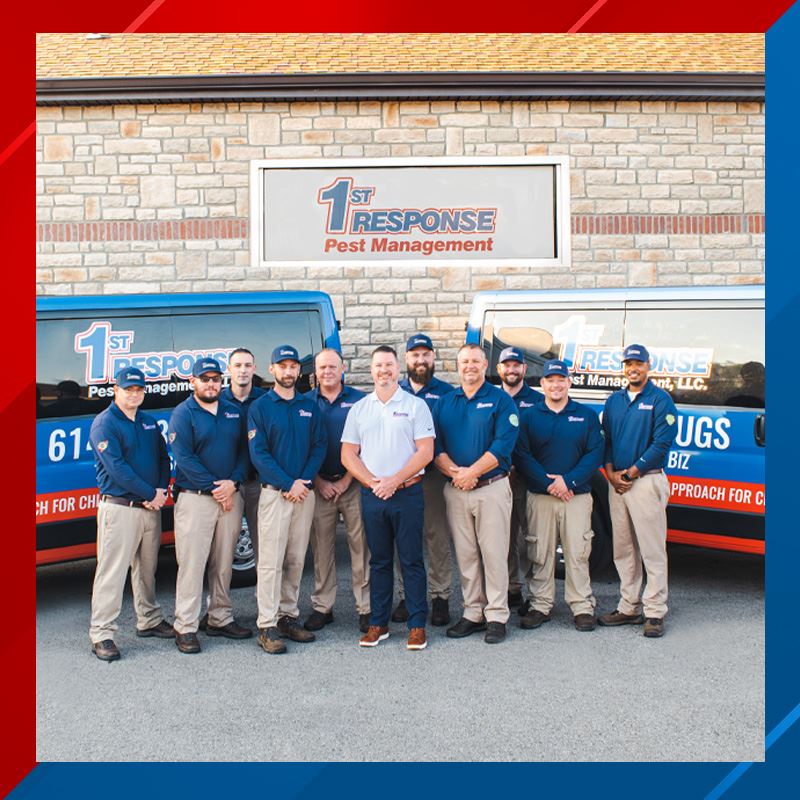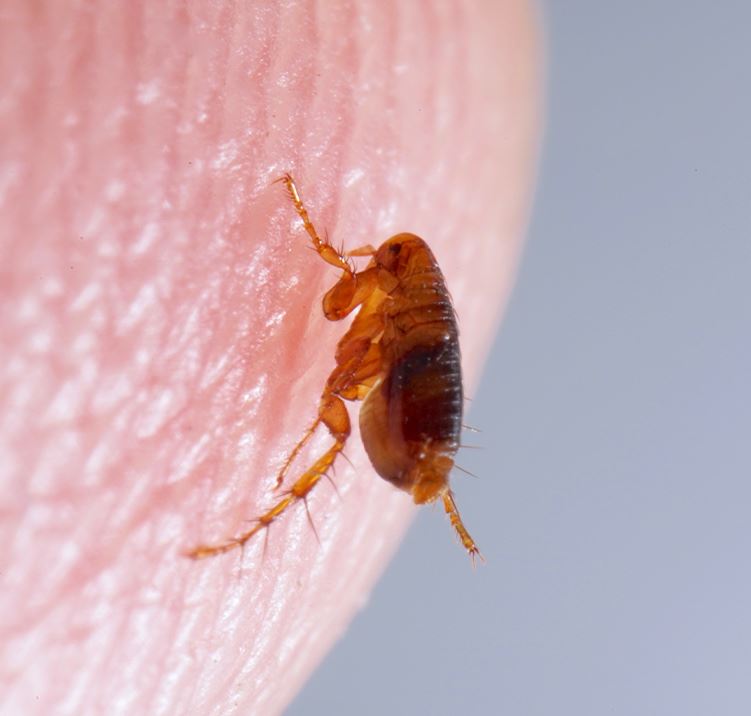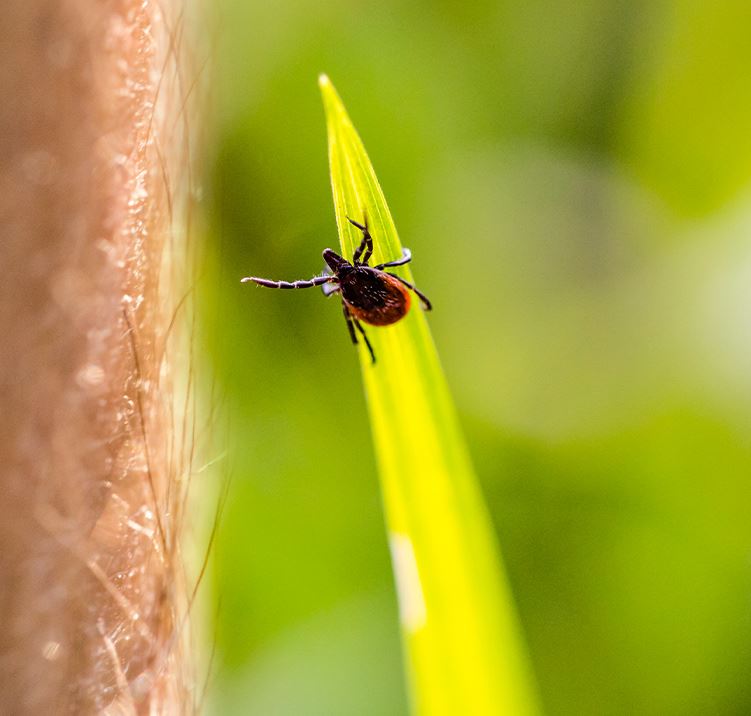
Flea & Tick Control in Columbus, OH
Take Back Your Yard From Fleas & Ticks
There’s nothing better than opening up the windows wide to let in the fresh summer air. However, some things are better left outside, fleas and ticks being two of those things. When fleas find their way into your Columbus home, they can quickly make life rather unbearable, covering you in itchy bites and presenting a serious health threat to your pets.
On the other hand, while ticks may not survive long once inside your house, if you pick one up while you're out enjoying your yard, you could end up with a serious illness, including Lyme disease, anaplasmosis, and Rocky Mountain spotted fever. Protect your property from these dangerous pests with flea and tick control services in Columbus from 1st Response Pest Management!
Call (614) 591-7767 or contact us online to request your free estimate on flea or tick control in Columbus today!
Explore Our 365 White Care Plan
Get Back Outside & Enjoy Your Outdoor Living Space
Knowing that there may be pests lurking in your backyard that could seriously harm you, your family members, or your pets is a good reason to stay inside. However, with the help of 1st Response Pest Management, you don’t need to be stuck indoors. Our flea and tick control services will help return your yard to a safe place to spend time so you and your family can enjoy the great outdoors without the fear of flea bites or tick-borne diseases.
Take back your yard from fleas and ticks. Contact us to schedule an inspection!

Flea & Tick FAQ


-
About Us
-
Pest Library
-
Areas We Serve

